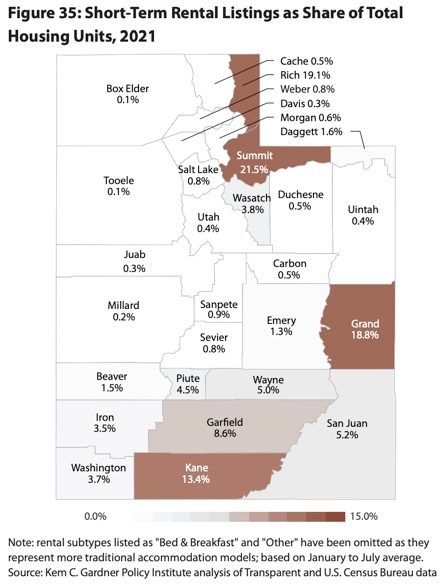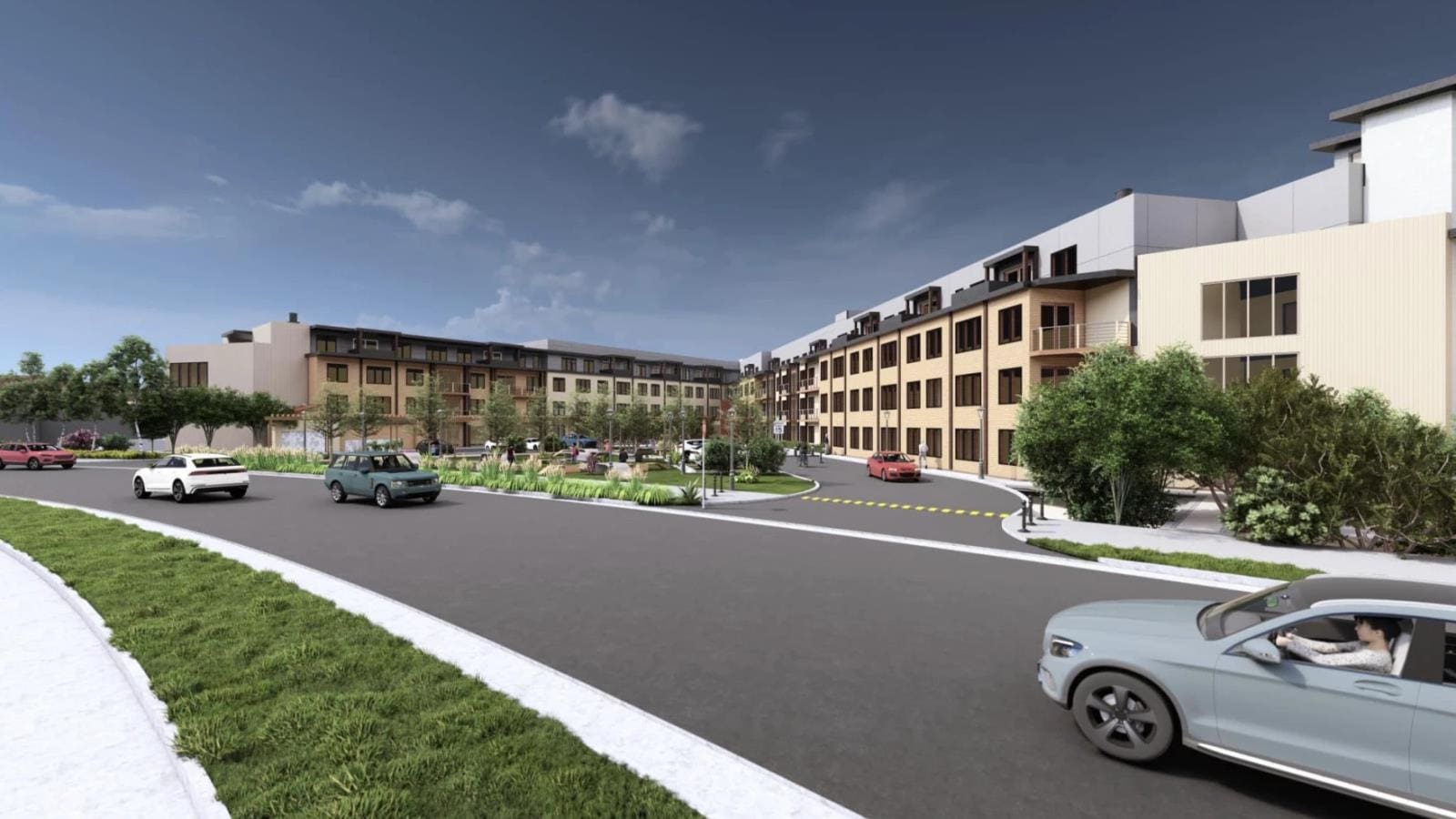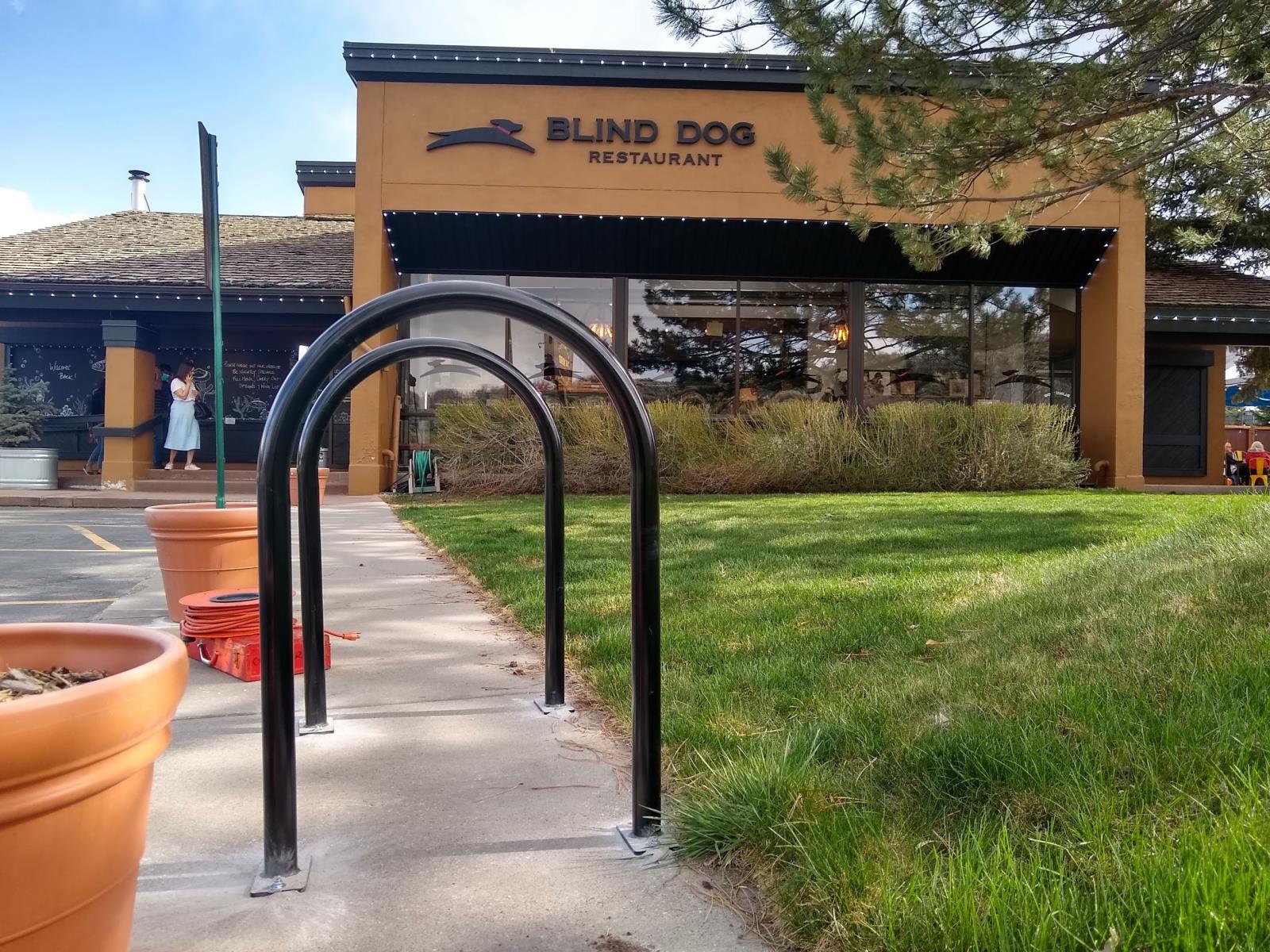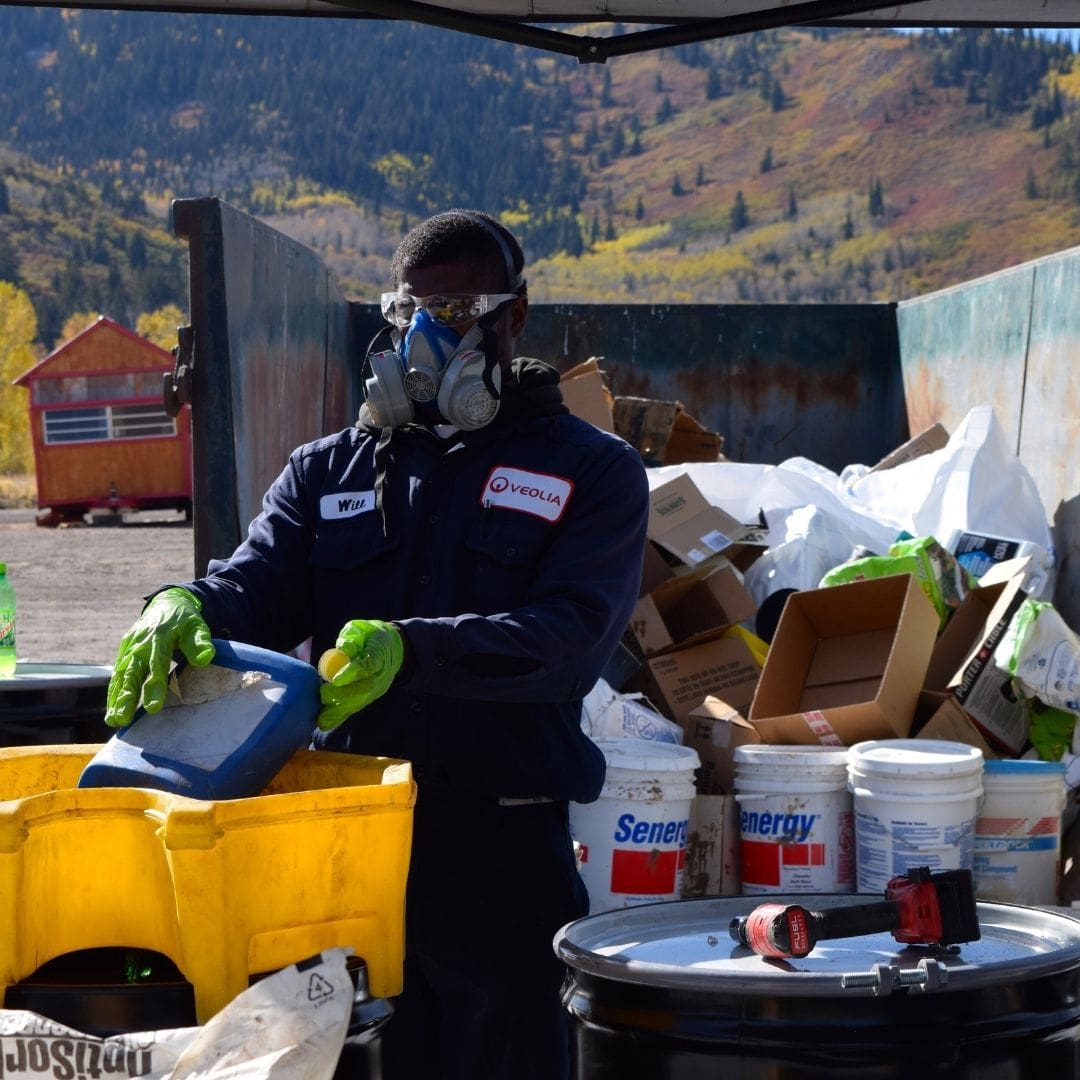Politics
Housing bill would allow cities to crack down on short-term rentals

Republican Rep. Steve Waldrip of Eden is the bill's sponsor. Photo: Utah State Legislature
PARK CITY, Utah — Short-term rentals have exploded in Utah, with the state seeing a 23.9% increase in units over the last two years.
In Summit County, 21.5% of housing units are short-term rentals, which is the highest rate of any county in the Beehive State.
Five years ago, the state legislature passed legislation barring cities from enforcing zoning restrictions that prohibit short-term rentals, like Airbnbs and VRBOs. The only way a municipality can enforce the rule is if the holder of the property is cited for another violation, such as a noise complaint.

A new affordable housing bill unveiled this week by Rep. Steve Waldrip (R-Eden) would seek to change those rules. House Bill 462 would repeal those provisions disallowing cities from enforcing zoning regulations on short-term rental providers.
“If you take those rentals that are inappropriately held for overnight rentals and put them back into the housing market, you’re talking about a significant number of housing units coming back into the market,” Waldrip told The Salt Lake Tribune.
The bill, which is currently in the House Economic Development and Workforce Services Committee, is centered on the implementation of a moderate-income housing assessment in order to calibrate resources towards which communities need the most assistance. If it became law, municipalities would have to submit strategies to create affordable housing and delegate money accordingly.
The bill also puts $50 million into the Olene Walker Housing fund and another $50 million into a rural housing loan fund.
“If we want to destroy the quality of life in Utah, the fastest path is to export our kids because they don’t have housing and import people from other places who can afford really expensive housing,” Waldrip told The Tribune.
In 2016, the Park City Council set the goal for 800 new affordable housing units by 2026. As of this week, the city has completed 132 such units, 17% of the way there.
The city’s housing team is currently working on a needs assessment, which is done every five years. The results are expected in the coming weeks.
“While the City has made strides toward 800 units, there is still a long way to go. As a result, public-private partnerships have been identified as a key strategy in developing the remaining units in the next four years,” a report to the Park City Planning Commission this week says.
There are currently 375 affordable units planned to be built by the city, and 304 by private developers, which would put Park City at 101% of its goal (811 units).
Appreciate the coverage? Help keep Park City informed.
TownLift is powered by our community. If you value independent, local news that keeps Park City connected and in the know, consider supporting our newsroom.



















